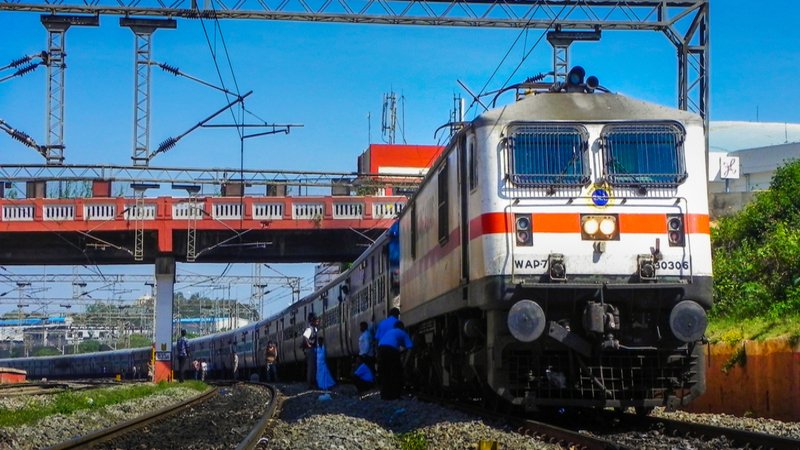The Railways on Tuesday declared that it will bring into play 40 ‘Clone Trains’. The trains will begin service from September 21. This is the first time when clone trains will be deployed on the railways network.
The tickets for 19 pairs of these trains will be charged according to the Humsafar Express rates. There will be one pair that will be at par with the Janshatabdi Express rate. The Janshatabdi rate will be for the clone train between Lucknow and Delhi.
The Railways said that the advance reservation period for these trains will be 10 days and the booking will open at 8 am on September 19.
Last week, Indian Railways in a bid to offer aid to the waitlisted passengers announced a special ‘clone train’ in the routes which generally has high passenger traffic.
These clone trains will run on notified timings and will be fully reserved trains with limited operational halts.
The plan will ensure both, availability on-demand trains and help boost revenues for the national transport.
Considering the huge demand for travel on specific routes, Ministry of Railways has decided to run 20 pairs of Clone Special trains from 21.09.2020.
These Clone trains will run on notified timings. ARP for these trains will be 10 days.https://t.co/wTHauZw2IB pic.twitter.com/TlUrSmtCdW
— Ministry of Railways (@RailMinIndia) September 15, 2020
According to the list of trains being run:
5 pairs (EAST CENTRAL RAILWAYS)
Bihar and Delhi
5 pairs (NORTHERN CENTRAL RAILWAYS)
Delhi and Bihar and back
West Bengal to Delhi
Punjab to West Bengal
Uttar Pradesh to Delhi
1 pair (NORTHEAST FRONTIER RAILWAYS)
Katihar to Delhi and back
5 pairs (WESTERN RAILWAY)
Bihar (Darbhanga) – Gujarat(Ahmedabad)
Delhi – Gujarat
Bihar (Chhapra) – Gujarat (Surat)
Mumbai – Punjab
Gujarat(Ahmedabad) – Bihar (Patna)
1 pair (SOUTH CENTRAL RAILWAYS)
Danapur to Secunderabaad and back
3 pairs (SOUTHWESTERN RAILWAYS)
Goa and Delhi
Karnataka-Bihar
Karnataka-Delhi
The ministry clarified on August 11 that all regular trains will stay still but additional trains will be operated according to the requirement.

